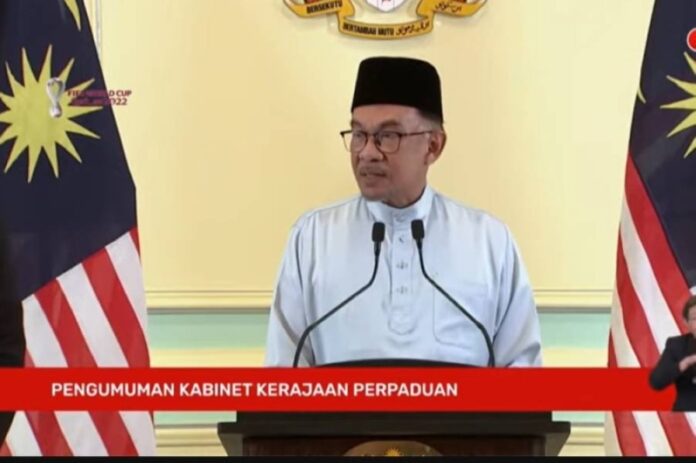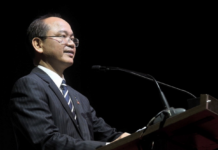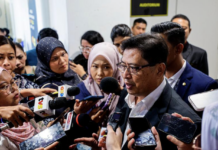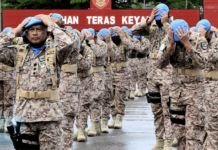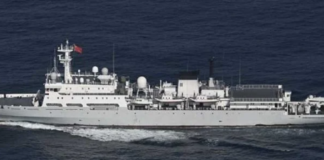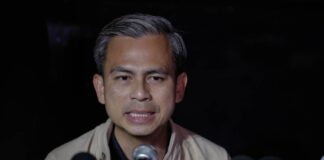KOTA KINABALU, Dec 5 — Political analysts in the country predict that limiting the Prime Minister’s time in office to two terms and new political funding laws will likely be achieved under Datuk Seri Anwar Ibrahim’s administration.
Universiti Utara Malaysia’s political expert Mohd Azizuddin Mohd Sani said these two were among the coinciding factors in the manifestos of the two largest coalitions in the new government — Pakatan Harapan (PH) and Barisan Nasional (BN).
Nusantara Academy for Strategic Research’s political analyst Azmi Hasan said that transparency in political funding was among the main issues debated by both BN and PH and most likely it will be among the new laws that might be initiated under the new unity government.
“In the previous government, these two matters were at the Cabinet committee level, so yes I think this will go through,” he said.
Universiti Malaya’s political analyst Awang Azman Awang Pawi added that limiting the prime minister’s time in office to two terms, reformation of Parliament and reinforcing the anti-party hopping laws would be things the new government will do to stabilise itself.
“These are laws that are beneficial to everyone, regardless of whether they are in government or the Opposition,” said Awang Azman.
The analysts said other laws that could be introduced under the new government are those involving freedom of expression, detention without trial, need-based economies and tackling food security issues.
“Need-based economy is not new. BR1M is one of the examples that was used by the previous administration and Anwar will strengthen it such as targeted subsidies,” said Mohd Azzizudin referring to the 1Malaysia People’s Aid (BR1M).
He also said that food security laws were another significant area that would require collaboration with the various state governments due to jurisdiction over land.
Meanwhile, Azmi said that the PH administration will likely also be looking into laws that allow detention by authorities without trial.
“This was much talked about during their opposition days but they (PH) failed to take any action during the 22 months they were in power. So maybe this time around, they will amend laws that give power to the police to detain a person without a court charge.
“I think they will do something about this, laws regarding freedom of speech and detention without trial — like Security Offences (Special Measures) Act (Sosma) and Prevention of Crime Act 1959 (Poca).
“Resistance might come from BN, but because Pakatan is in the driver’s seat, and BN might need some things from them. I think there will be minimum opposition to this, and this kind of amendment can go through,” Azmi said.
Analysts are mostly optimistic that the unity government made up of PH, BN, Gabungan Parti Sarawak, Gabungan Rakyat Sabah, Warisan and other parties can work with some tolerance and said newly minted prime minister Anwar was aware of the hurdles.
“People are confident of Anwar’s government. He needs to produce a credible Cabinet and meet the challenges such as the cost of living and combating corruption. He will expect some criticisms which is normal. But he needs to overcome all hurdles and make people happy,” said Azzizudin.
Awang Azman echoed that this coalition government is so diverse it can withstand the pressure and bring stability if its leaders, particularly PH and BN can look past their differences and really work together.
“For instance, the recognition of the UEC examinations and national education system — if that can be handled wisely by the prime minister, it will change the sentiments from Umno and there will be a big surge of support from Malay voters for this government.
“Anwar has to emphasize that it is not about the Chinese language, but that the UEC standards have to be in line with the national education system. That is what people need to realise and understand is the real issue,” said Awang Azman.




